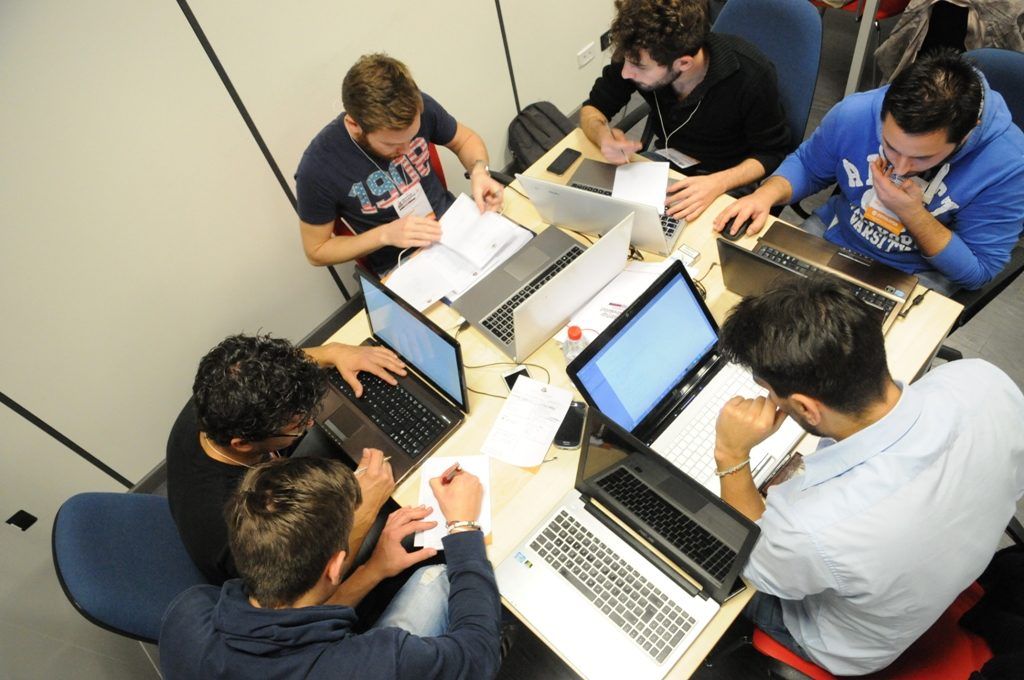Focus on the Mediterranean Sea Basin programme
With the extension of the application deadline to 24 January 2018, the Mediterranean Sea Basin ENI CBC Programme allows project applicants to better prepare themselves in tackling the challenge of cooperating with both shores of the Mediterranean. Focus on one of the largest programmes of the ENI CBC instrument
It is a great challenge for the 13 Mediterranean countries taking part in the ENI CBC programme. For this second programming period, the programme has not lost its ambitions. Priority to employment through support for new businesses and the development of Euro-Mediterranean clusters; innovation, education and research as major elements in the fight against unemployment. But the programme does not stop there and wishes to promote social inclusion and fight against poverty, by supporting in particular vulnerable groups, NEETS (Not in Education, Employment or Training) as well as actors of the ‘social and solidarity economy’. Of course, protecting the environment and taking climate change into account remain constant and unavoidable themes for the region.
With more than 209 million euros (EU funding), one-fifth of the financial allocation reserved for cross-border cooperation within the framework of the ENI CBC budget, the Mediterranean Sea Basin Programme will be attentive to capitalise and coordinate its actions with the many initiatives of the region. Efficient use of resources and showing how cooperation can be innovative and a potential laboratory of experiences are key elements of success. In this regard, the Managing Authority, the Region of Sardinia, actively cooperates with the Union for the Mediterranean. The MA is also setting up coordination processes with its cousin, the MED programme, managed by the French Region Provence-Alpes-Côtes d’Azur.
In December 2017, the Joint Monitoring Committee decided to extend the deadline of the first call for proposals until 24 January 2018. And this is not luxury when we see the complexity of cooperation in this large geographical area. An important decision, and not only for the additional time provided to potential applicants; this has also allowed an increase in the number of Partner Countries having signed a financing agreement with the European Commission.
In response to the very strong demand from project applicants, information sessions and preparatory workshops have been underway for a few months already. Since September 2017, 13 information events have been organised by the Managing Authority in the participating Member States and Partner Countries. In addition to these, TESIM co-organised 5 capacity building workshops in collaboration with the National Authorities of the eligible Partner Countries. These workshops were attended by almost 90 participants, representing both public and private organisations. The main objective of the workshops was to enhance the capacity of potential lead applicants in developing good-quality projects matching the award criteria of the call. During the workshops the most popular themes were environmental protection (water, waste and energy) and economic development support to SMEs, followed by social inclusion. These will likely be the thematic areas where a greater number of project proposals will be submitted.
“Cross-border cooperation is a must for Euro-Mediterranean relations: stronger ties are key to peace and stability” underlines Johannes Hahn, Commissioner for European Neighbourhood Policy and Enlargement Negociations. Some very good promises for this unique area, so rich in history, heritage and culture.
Interested applicants are invited to submit their application via the online form http://eform.enicbcmed.eu For more information, consult the programme website here http://www.enpicbcmed.eu
